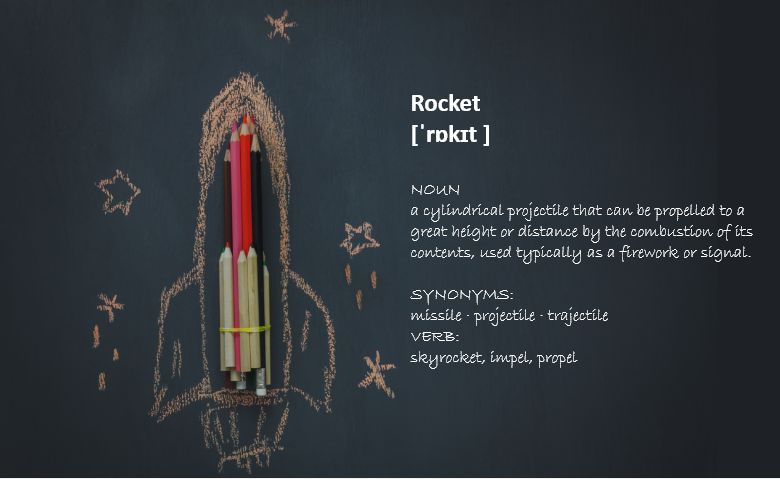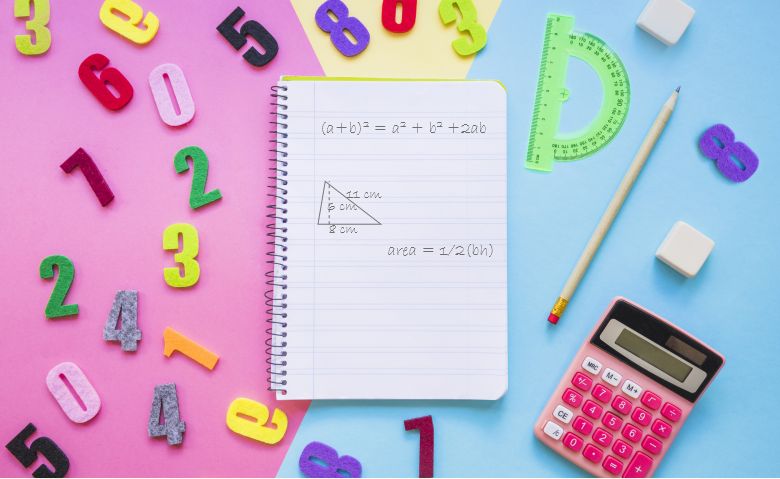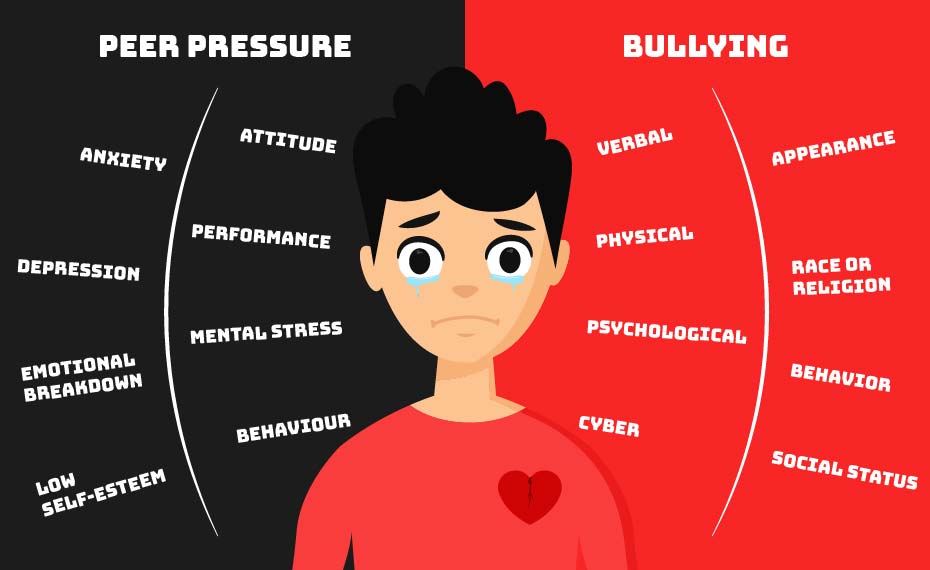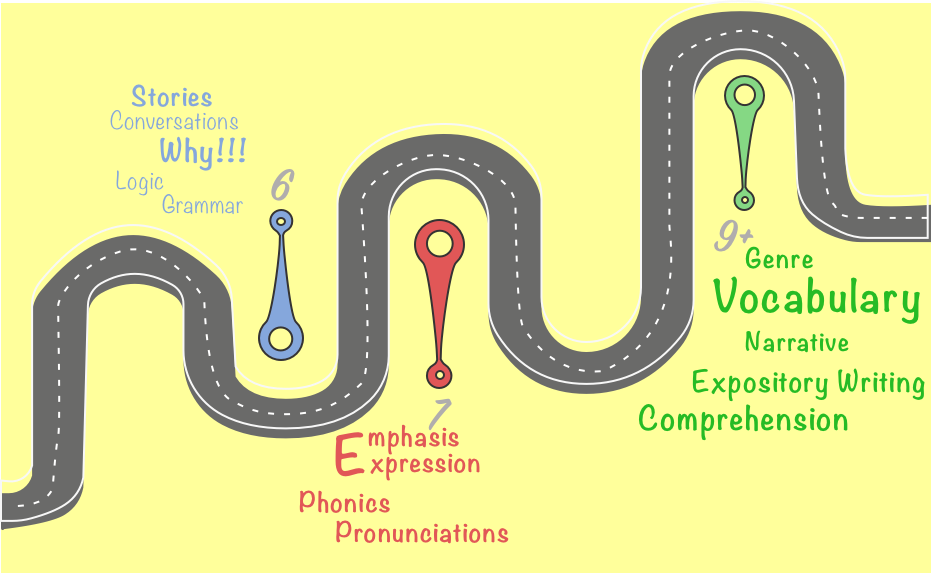Let them do what their heart wants Children differ in remarkable ways from each other in their budding personalities. When our children are developing an interest in any activity or topic, let them live in that opportunity. Persuade them to follow their heart and encourage them to take up the activity. In this fast-growing world, there is always pressure to perform and pressure to excel. Sometimes in this busy life, we forget to polish the other edges of our children’s personality development. Being one among everyone in this rat race, we fail to realize the importance of a constructive break, a hobby to fall back on. It is important for us parents to observe and nurture different hobbies and extracurricular activities in our children. You never know which one might become their finest skill in the future. Find the Hidden Gem We always talk about the concerns regarding the personality development…
Comments closedBeyond Academics Posts
10 Ways to Build and Improve Your Child’s Vocabulary
A child’s vocabulary refers to the set of words that a child knows, understands and uses in his/her conversation or writing. A robust vocabulary forms the basis for your child’s comprehension and cognitive skills. It is the foundation for any communication and acquiring of knowledge. Your child’s vocabulary usually develops with age. As parents, you can be instrumental in providing them with the right platform and environment to help build and improve their vocabulary. Needless to say, the home is the first place where any learning starts. Before we look at some simple and easy ways for parents to help build your child’s vocabulary, let’s understand the vocabulary types and milestones. Vocabulary Types Vocabulary is broadly classified as: Receptive Vocabulary – Words that a child knows and decodes but may not reproduce them in speech or writing. Receptive vocabulary helps a child to understand what others say. Expressive Vocabulary – Words that…
Comments closedWhy do so many kids struggle with math problems?
STEM education is a really important part of education for children. It stands for Science, Technology, Engineering, and Mathematics. These four aspects permeate every part of our daily life, so knowledge regarding these is essential to our education. However, kids all over the country struggle with STEM education, especially Math problems. Why? The answer lies within the subject itself. Children, at an early age itself, start having difficulties and struggle with math. And this struggle with math continues growing with them and by the time they reach grade 9 or 10, they have a really hard time grasping concepts. This generalized math anxiety among children is a very common phenomenon. However, struggling with math problems does not mean that a child isn’t smart or intelligent. It is just a matter of aptitude and practice. With a little guidance & practice, children can perform much better in their academics. Reasons why…
Comments closedReading and writing milestones for school going children
Reference to children in the age group of 6-12 years The beginning of proper formal schooling also marks the beginning of the identity formative years of your child. During these few years (Ages 6-12 years), your child is constantly going through cognitive development and learning. This learning is interpreted as milestones of child development; especially reading and writing milestones. Your child accomplishes a certain set of tasks at a certain age. Milestones of child development are those certain tasks that your child is able to accomplish. However, it is not necessary that the reading and writing milestones have to be achieved. Some children might have delayed learning or learning disabilities which can be a deviation from a normal developmental path. According to the Annual Status of Education Report (2016), around 48% of students have difficulty reading in textbooks meant for their grade. The main reason for this is due to…
Comments closed



